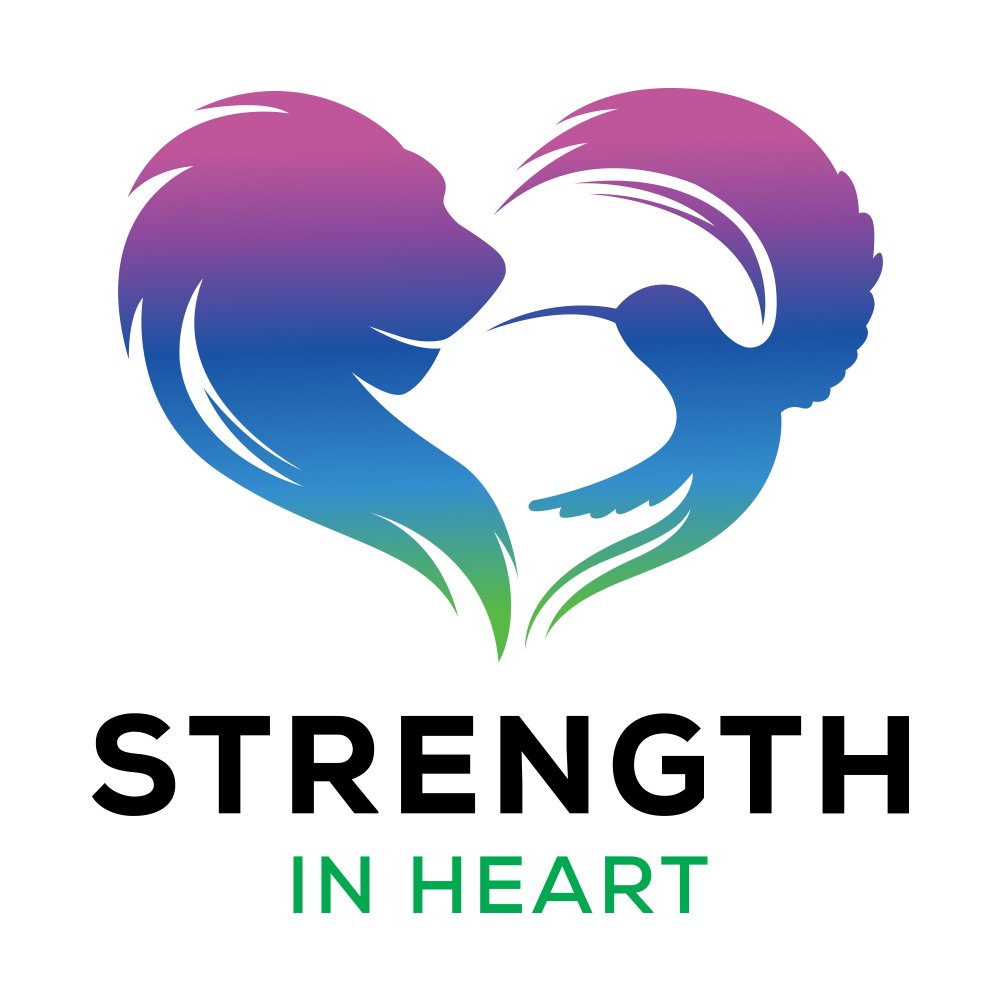Choosing a new therapist in Victoria BC is a big decision, and finding the best fit for you is of utmost importance. It’s a vulnerable time when you may need to tell your private thoughts and information to a stranger. It’s not always easy to know if they will be able to support you in the way that you need or prefer. It’s especially difficult to determine how a therapist can help you solely based on their skills and experience. Here is some valuable guidance to help you to get an idea of what you’re looking for in a therapist. Below are 5 guiding questions to ask a potential therapist to determine if they are a good match for you:
My problem is _______. What are some ways that you would go about treating that?
If you don’t have an actual diagnosis, start with your symptoms. If you have trouble sleeping, worry, or angry outbursts, let them know and see what they recommend. If you resonate with their response, it is a good sign that you two might be a good match.
Do you tend to lead the session, or let your clients lead?
Depending on where you are at with your treatment and what you prefer, you should know if you want your therapist to set the agenda or would rather have them let you talk about what you would like.
Do you prefer to focus on the immediate problem first, or the deeper issue?
If you’re seeing a cognitive-behavioural therapist, they will likely want to focus on treating immediate symptoms, while psychodynamic based therapists will look into the root causes of a problem. See what they respond with and think about how that approach could match what you are looking for in a treatment plan.
What are your strengths as a therapist?
Don’t be afraid to ask your therapist to think critically about what they are good at, and how those strengths can help your specific problem.
What type of relationship will we have in our work?
Therapy can be different for everyone, and you will want to consider the type of relationship that your therapist is willing to have with you. While some therapists treat sessions like a space to practice real life situations, others prefer sessions to be more of a resource where clients can take small pieces of information into their outside lives. This can change the client-therapist relationship and cause treatment to either click really well or maybe miss the mark.
While you’re asking your therapist these questions, don’t forget to ask yourself questions too! Ask yourself: what is my comfort level with this person? Did the therapist “get” what I was saying? Did they ask for clarification and avoid making assumptions or misinterpretations?
Overall, it’s always best to go with the person whom you connect with - listen to your gut!
Ready to find the best Victoria BC therapist for you? Contact us today to set up an appointment.

